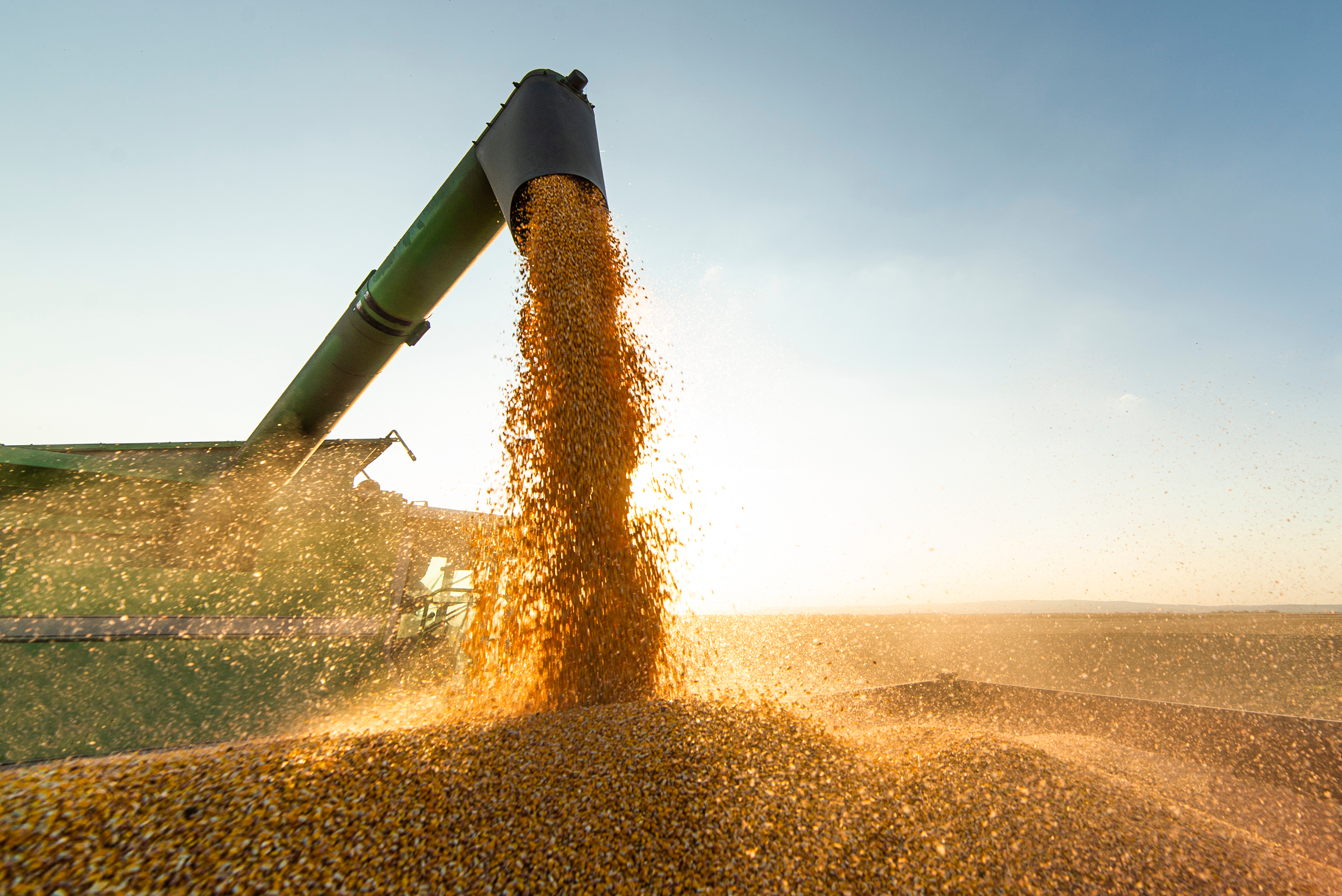June 20, 2023 (Regina, SK) – The Agricultural Producers Association of Saskatchewan (APAS) is asking the Minister of Agriculture and Agri-Food Canada to weigh in on contract protections after the recent $60 million dollar loss Saskatchewan farmers are absorbing due to the unilateral contract cancellation of a buyer.
“This is the second massive financial loss for Saskatchewan farmers resulting from contract fallouts in just the last three years,” APAS President Ian Boxall said. “When farmers experienced drought and couldn’t deliver product, they had to pay hundreds of millions on buy-out costs, admin fees, and legal costs. And now, when a buyer backs out of the contracts, farmers pay again. This needs to change.”
In 2021, APAS surveyed producers, in which 75% of respondents reported difficulties fulfilling the grain contracts. Respondents reported various discrepancies in how these shortfalls were handled, with some having to pay interest of 19% on replacement costs and administrative fees. A further 25% of those who were short could not get in touch with the grain buyers during the growing season to discuss buy-out and cancellation terms.
In 2022, APAS and SaskCrops (which includes SaskOats, SaskWheat, SaskCanola, SaskFlax, Saskatchewan Pulse Growers, and SaskBarley) commissioned the Producer Contract Review undertaken by Mercantile Consulting Ventures Inc., which analyzed areas of concern with contracts and identified alternatives to help bring greater balance and predictability to grain contracts.
“It seems that grain contracts are very one-sided and actually represent a fairly significant financial risk to producers,” Boxall added. “Producers can incur additional costs when contracts are canceled by buyers, such as added trucking and storage costs and foregone market opportunities. As we have often pointed out, Canada seems to be an outlier in its lack of clear and consistent terms governing grain contracts.”
“The nature of farming inherently involves a lot of risk and uncertainty. The lack of clarity and balance in these contracts unnecessarily adds to this risk,” Boxall said. “At the end of the day, making business transactions more transparent and predictable benefits everyone in the supply chain. It’s time to find a solution to this longstanding problem.”
Boxall noted that APAS is working to engage with partners and levels of government to have grain contract improvements identified.




